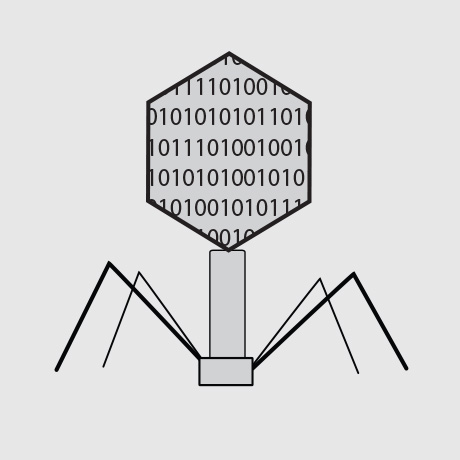Welcome to Prophage
Welcome to the Prophage blog! This blog is written and maintained by Dr. Geoffrey Hannigan. Check out the latest blog entries below, and navigate the site using the menu above. Read more about Dr. Hannigan in the “about the author” section.
Latest Posts
Using SMART Objectives To Empower Teams For Success By connecting these interdependent SMART criteria, we can craft powerful objectives that empower teams to work together and accomplish their goals. Gleaning Biological Insights From Complex Data Using Knowledge Graphs Knowledge graphs have been seeing an astounding growth in popularity and interest, and for good reason. The provide a valuable approach to connecting and analyzing complex data. The 3 Pillars of a HaPPPy Career Ask yourself: Does your job have the 3 pillars of a haPPPy career? Managing Scientific Teams The Toyota Way The Toyota Way is not just about cars. We review the application of Toyota management systems to scientific teams. Industry Science: Gaining Career Insight Through Informational Interviews Resource for questions to ask during an informational interview. Industry Science: Publishing Research In Industry Let’s explore what it’s like to publish in industry. Industry Science: Getting Started With Going Into Industry Let’s explore what some ways to get started with a career in industry. Industry Science: Pivoting Career Trajectory In A Company Let’s explore what career switching can look like at a company. Industry Science: Different Companies Are Different Together let’s explore careers in industry in a new blog series. Hippurate Microbiome Metabolite & Human Health Recent study uses human and animal systems biology to further understand the role of hippurate in health.
